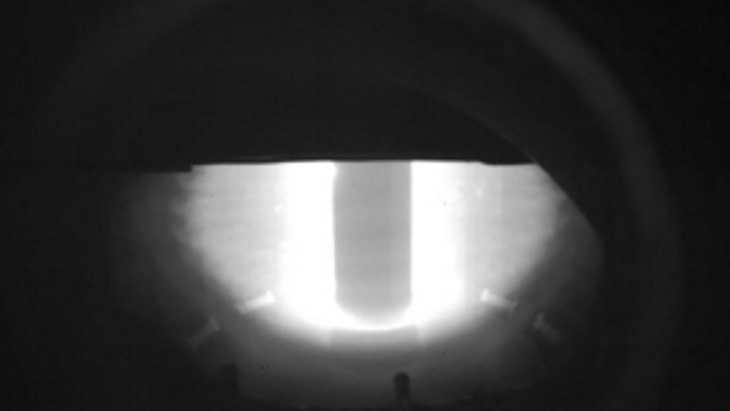UKAEA CEO Ian Chapman said: "MAST Upgrade will take us closer to delivering sustainable, clean fusion energy. This experiment will break new ground and test technology that has never been tried before. It will be a vital testing facility on our journey to delivering the STEP fusion power plant."
He added: "MAST Upgrade ensures the UK is in the premier league of countries working on fusion - and will be vital in achieving UKAEA's goal of building the STEP fusion power plant."
Fusion energy involves fusing hydrogen particles in a hot gas known as plasma to unlock large amounts of energy. Operating fusion technologies requires a careful balancing act of controlling extreme heat, gas and powerful magnetic fields, amongst other complex systems.
UKAEA said one of the biggest challenges in fusion research has been to extract the amount of excess heat from the plasma. UKAEA's scientists now plan to test a new exhaust system called the Super-X divertor at MAST Upgrade. This system is designed to channel plasma out of the machine at temperatures low enough for its materials to withstand - meaning that components can last much longer.
“The approximate tenfold reduction in heat arriving at the internal surfaces of the machine has the potential to be a game-changer for the long-term viability of future fusion power stations," UKAEA said.
The project was funded by the Engineering & Physical Sciences Research Council, part of UK Research & Innovation and the Department for Business, Energy & Industrial Strategy.
Science Minister Amanda Solloway said: "We want the UK to be a world leader in fusion energy and to capitalise on its amazing potential as a clean energy source that could last for hundreds of years. Backed by GBP55 million (USD71 million) of government funding, powering up the MAST Upgrade device is a landmark moment for this national fusion experiment and takes us another step closer towards our goal of building the UK’s first fusion power plant by 2040."
The UKAEA is designing STEP in an initial GBP220 million programme funded by the UK government and based on MAST Upgrade's spherical tokamak fusion concept.















